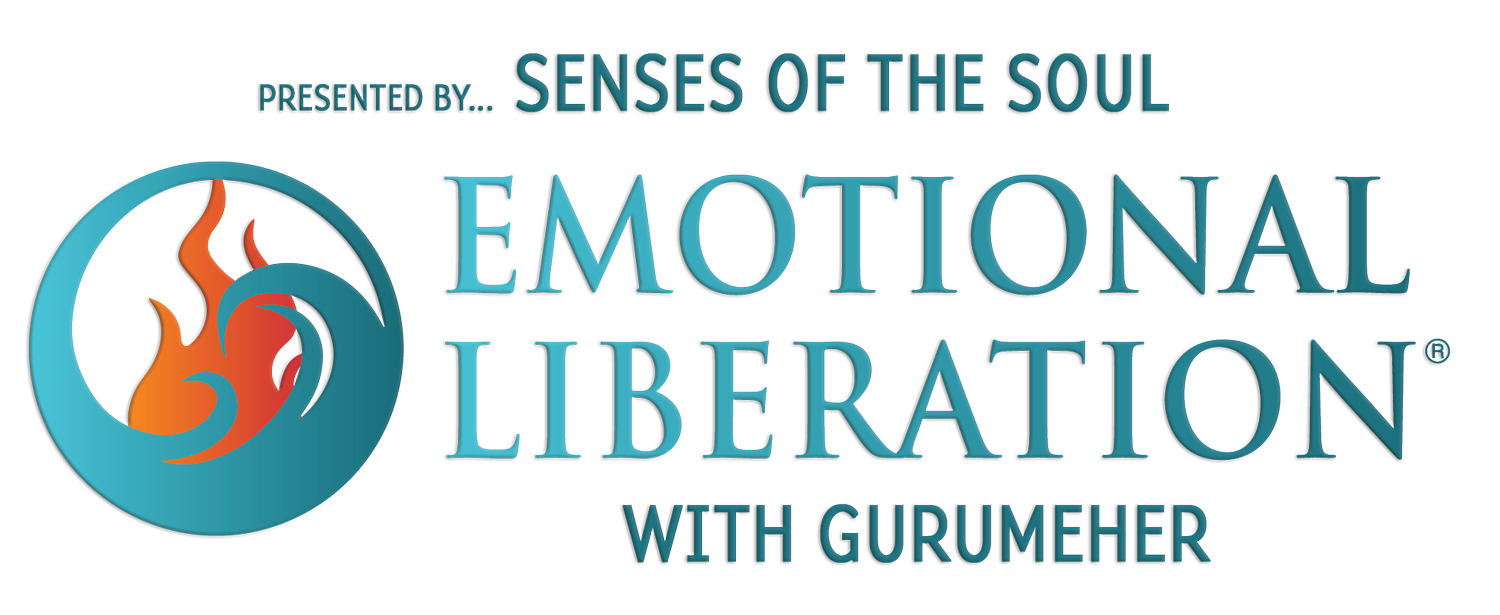Psychology Today Sounds Like Senses of the Soul
This excerpt is from Happiness? The Upside of Negative Emotions, the cover story in the February 2015 issue of Psychology Today. I can't believe that what I've been working on for the past 20 years is finally hitting the main stream. I'm thrilled that more people will now be thinking about emotions usefully. See below, then read the full article on the Psychology Today website or from the newsstand.Author Matthew Huston beautifully sets up the premise of Senses of the Soul. While his knowledge comes from the field of psychology, and I discovered mine through meditation practice and coaching people through troubles, we have come to the same conclusion. So called "negative emotions," are meant work as your friends! There's just one place where we differ - how we use that information.Senses of the Soul is based on EXPERIENCE. This is the next level of therapy and healing and why SOS exercises are so life-changing. We don't think about these ideas, we practice them. It's not enough to know that emotions are your friends. Just because I know that vegetables are good for me doesn't mean I will eat them. I have to FEEL the difference in my health and YOU need to feel the difference with your emotions too.That's what Senses of the Soul is all about, and why I get so excited about the upcoming Emotional Liberation training. You may know that negative emotions can guide you to positive solutions. I might have told you or you might heard it from someone else. This Psychology Today article will most definitely confirm it for a lot of people. But have you ever experienced using your negative emotions for healing, strength and guidance? Do you know how it's done? Does it actually feel like your pain will lead you to peace?
Call me a yogi (because I am!), but I think experience is more important that knowledge.Senses of the Soul combines that emotional therapeutic model with my 15 years as a spiritual counselor and the ancient science of meditation, to take that next step from simply recognizing your emotions as friends, to really feeling that way. That's why I carefully designed this Emotional Liberation Course that starts in March as an intensive immersion, designed to give you real, consistent practice and experience. You'll not only know the use of each emotion, you'll practice the uses of those emotions!
If you've been feeling stressed, scared, mad or run down, you need to check out the course and heal your whole life. I sure hope you do! Learn more HERE.
And read this article. The word is getting out, Feelings are your Friends!Blessings,GuruMeher
From Psychology Today, January/February 2015
"Happiness? The Upside of Negative Emotions"
No one questions the value of feeling good. In fact, it seems that for the past 20 years, everyone in America has been on a relentless quest for a blue - sky state of mind, in pursuit of permanent residence on the spectrum between contentment and ecstasy.
Feeling bad is another matter entirely. Emotions that generate unpleasant feelings have been Called sins (wrath, envy), shunned in polite interaction (jealousy, frustration), or identified as unhealthy (sadness, shame). We suppress them, medicate them, and berate ourselves for feeling them.
Because such feelings are aversive, they are often called "negative" emotions, Although "negative" is a misnomer. Emotions are not inherently positive or negative. They are distinguished by much more than whether they feel good or bad. Beneath the surface, every emotion orchestrates a complex suite of changes in motivation, physiology, attention, perception, beliefs, and behaviors: sweating, laughing, desiring revenge, becoming optimistic, summoning specific memories. Each component of every emotion has a critical job to do - whether it's preparing us to move toward what we want (anger), urging us to improve our standing (envy), or allowing us to undo a social gaffe (embarrassment).
We have the wrong idea about emotions. They're very rational; Theiy're means to help us achieve goals important to us, tools carved by eons of human experience that work beyond conscious awareness to direct us where we need to go. They identify trouble or opportunity and suggest methods of repair or gain. They are instruments of survival; in fact, we would have vanished long to go without them...
